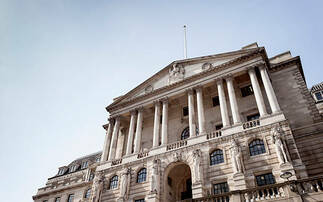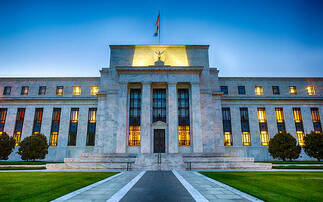Capital Economics' Roger Bootle is among 20 of the UK's leading economists urging the coalition to drop the 50p tax rate, calling the top levy a "self-defeating" way for the Treasury to raise money because it risks driving away the nation's wealth creators.
To continue reading this article...
Join Investment Week for free
Signup and gain exclusive members-only insights - all free of charge!
- Unlimited access to real-time news, analysis and opinion from the investment industry, including the Sustainable Hub covering fund news from the ESG space
- Get ahead of regulatory and technological changes affecting fund management
- Important and breaking news stories selected by the editors delivered straight to your inbox each day
- Weekly members-only newsletter with exclusive opinion pieces from leading industry experts
- Be the first to hear about our extensive events schedule and awards programmes











